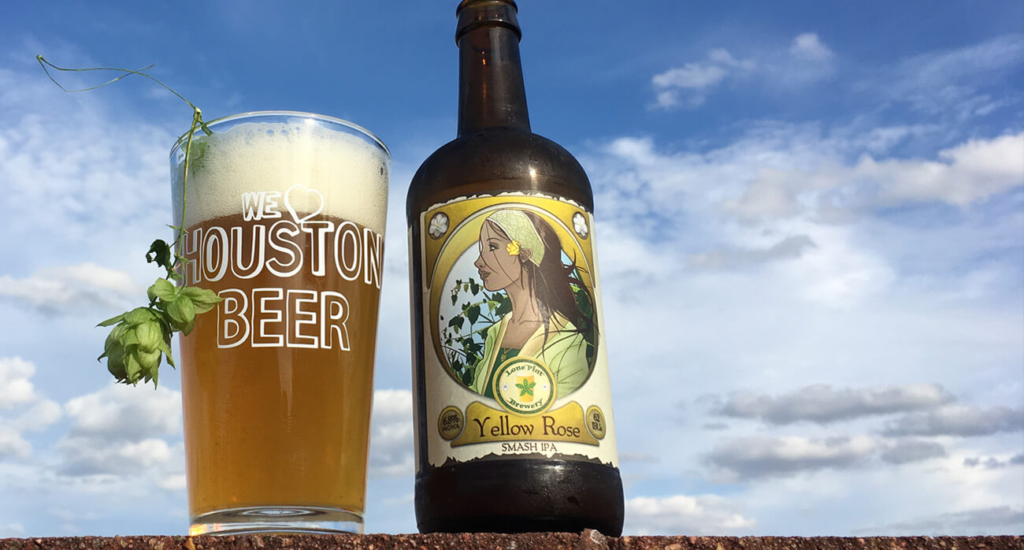While Texans and beer have always gone together like cowboys and beans, the state’s world-champeen suds swillers have mostly been under the thumb of foreign interests in Golden, Colorado, and Milwaukee, Wisconsin. Sure, we kept chuggin’ those undistinguished imports ’til we couldn’t squeeze said thumb between oversized buckle and distended belly, but we didn’t have to like it. A revolution was brewing — literally.
Texas’ microbrew movement is a taste revolution, and it’s upon us. While Coors and Bud will probably always be kings of the Texas beer hall, Lone Stars like Shiner’s Spoetzl and Austin’s Celis have made inroads into the global market in recent years. And there are 48 more modest breweries (including San Antonio’s Yellow Rose, Galveston’s Strand and Houston’s Saint Arnold) spreading the gospel about the burgeoning

state of our state’s “craftbeer,” to use the parlance of Eric McQuaid of the Texas Brewers Festival — a microbrewhaha featuring live music and the hawking of mid- to highbrow home recipes.
“‘Craftbeer’ is beer produced with a real eye toward quality, looking back toward European brewing styles,” says McQuaid. “While we don’t have as long a history [of microbrewing] as someplace like California, Texas absolutely stacks up” against the moguls of micros: California, Oregon, Washington and Colorado.
That history part’s not strictly true; Spoetzl started brewing the foamy stuff at its Shiner factory in 1909, but, McQuaid points out, nothing of significance happened on the local suds scene between then and 1985, when the Dallas Brewing Company opened its spigots in the West End. Since then, there’s been a vanity-label boom within Texas and without. McQuaid attributes this “microbrew renaissance” to — of all things — moderation.
“[Alcohol] consumption is down, and when we’re consuming less, we’re more concerned with quality,” he says. “College kids might still buy the cheapest brand, but the whole idea of moderation has played into the [rise of] the craftbeer industry.”
Similarly, McQuaid views the Brewers fest — which rotates to sites in Houston, San Antonio, Fort Worth, Dallas and Austin — as more of a tasting than a keg party. “It’s a connoisseur thing, though you can’t deny the keg-party aspect of it,” he says. “There are about 80 barrels out there.”

But McQuaid’s more lager gourmet than beer nut, and he deftly fielded what, for him, must have been a tough question: the name of his favorite Texas brew. Answer: the Czech-style pilsner concocted by Austin newcomer Live Oak. “I tell you,” he says, “that’s a delicious beer.”
HOUSTON PRESS MARCH 19, 1998